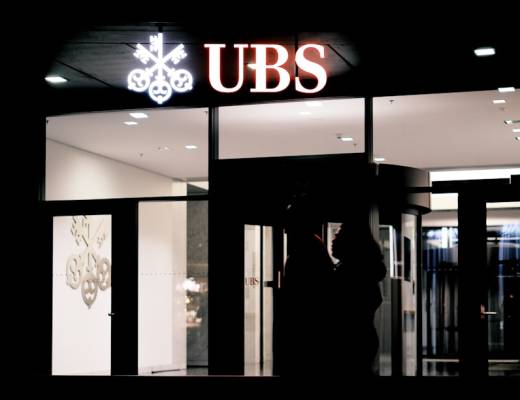Wedding industry leaders are highlighting the critical importance of creativity and flexibility in the current market. As couples navigate changing expectations and economic pressures, business owners in the wedding sector report that adaptability has become a key factor for success.
Industry professionals point to several factors driving this need for
creative approaches, including shifting consumer preferences, budget constraints, and the lingering effects of pandemic-related disruptions that continue to influence how weddings are planned and executed.
Adapting to Market Changes
Wedding planners, venue operators, and service providers across the industry are finding that traditional approaches no longer meet the needs of today’s couples. Many business owners report implementing more customizable packages and flexible booking policies to accommodate clients’ changing needs.
“We’ve completely reimagined our business model,” said one wedding venue owner. “Couples want options that reflect their personal style while also providing value and flexibility if circumstances change.”
This shift extends beyond simply offering different price points. Industry professionals are creating entirely new service categories, developing hybrid event options, and finding innovative ways to deliver memorable experiences within various budget constraints.
Creative Solutions to Current Challenges
Supply chain issues and staffing shortages continue to present obstacles for wedding businesses. Founders report that creative problem-solving has become an everyday necessity rather than an occasional requirement.
Some of the innovative approaches being implemented include:
- Developing relationships with multiple suppliers to ensure backup options
- Creating modular wedding packages that can be adjusted based on availability
- Implementing cross-training programs for staff to fill multiple roles as needed
These strategies allow businesses to maintain service quality even when faced with unexpected challenges. Wedding professionals note that being transparent with clients about potential adjustments has become standard practice.
Financial Flexibility
Economic concerns are influencing how couples approach wedding planning, with many seeking more
financial flexibility from vendors. Industry founders report creating new payment structures and contract terms to address these needs.
“We’ve introduced payment plans that spread costs over longer periods,” explained a wedding photographer. “We’re also being more flexible with our cancellation and postponement policies. It builds trust with clients who are concerned about economic uncertainty.”
Some businesses have introduced sliding-scale pricing or à la carte options that allow couples to customize services based on their priorities and budget constraints. This approach helps maintain bookings while accommodating financial realities.
Technology and Innovation
Technology adoption has accelerated across the wedding industry, with founders leveraging digital tools to enhance both client experiences and operational efficiency. Virtual consultations, planning software, and digital contracts have become standard practices.
Many wedding businesses are also using social media and digital marketing in more sophisticated ways to showcase their adaptability and creative capabilities. This helps attract couples who value innovation and personalized approaches.
Wedding professionals emphasize that while technology provides valuable tools, the human elements of creativity and flexibility remain at the core of successful adaptation. The ability to combine technological solutions with personalized service creates a competitive advantage.
As the wedding industry continues to evolve, founders stress that businesses willing to embrace change and develop creative solutions will be best positioned for long-term success. The emphasis on flexibility extends beyond the current moment, with many industry leaders viewing adaptability as a permanent shift in how wedding businesses must operate going forward.







